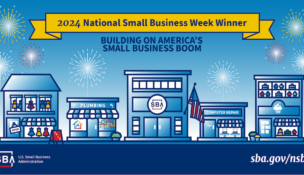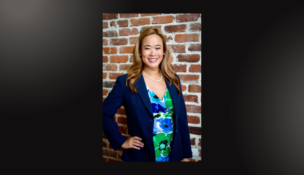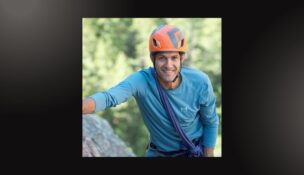Planning a funeral in the age of COVID-19
Planning ahead has never been more important
Jamie Sarche //October 22, 2020//


Planning a funeral in the age of COVID-19
Planning ahead has never been more important
Jamie Sarche //October 22, 2020//
Thanks to the worldwide pandemic, 2020 is a year in which everything has changed: The way we do our jobs, educate our kids, hang out with our friends, celebrate our holidays and special occasions—even the way we say goodbye to friends and loved ones when they die.
While it’s common knowledge that the funeral industry—along with everyone else—has had to adjust to accommodate COVID-induced changes, the scope of these changes may come as a surprise for those who may not have attended a funeral since the beginning of the pandemic.
While some funeral trends were emerging before the pandemic, many were hastened by COVID-19.
Here are ten factors to consider in planning a funeral in the age of COVID-19:
- While many churches, synagogues and other places of worship remain closed, funeral facilities have been reopening at up to a maximum of 50 percent of capacity per Colorado state guidelines
- Funeral attendees need to observe the usual social distancing protocols, including remaining six feet apart and avoiding embracing, touching and the physical human interaction that has always been so comforting at a time of mourning
- Transporting a body has become more complicated, nationally with fewer flights and travel restrictions, and internationally, with many border closures’
- Pandemic protocols have of necessity made technology much more important in conducting funerals: As such the funeral industry is adapting to a new tech-inspired “online” model and the technological challenges that come with it – for example, securing adequate bandwidth in the middle of a cemetery
- The online model has accelerated the trend towards the digital broadcast of funeral services—in some circumstances the funeral may be recorded and archived for viewing at a later date or made into a digital file for the family to keep
- The online model has also ushered in an expectation of a high level of production values—this expectation has been embraced by many in the funeral industry, with funerals becoming professionally-produced “events,” rather than simple services
- Funeral homes are increasingly supporting all lifestyles, beliefs and relationships and are happy to accommodate alternative funerals and end-of-life celebrations, including “green” funerals, which incorporate environmentally-friendly options
- Many funeral homes are more than willing to make funerals personal and meaningful: funerals can be uniquely tailored to reflect the hobbies, passions and interests of someone who has died
- COVID-19 has brought mortality issues to the fore: many people are now typically pre-planning their own funerals at a much younger age (50s rather than 80s) and industry wide we have seen individual pre-planning jump from 50 to 73 percent of individuals
- Cremation is on the rise: since the public’s preference for cremation first exceeded that of burial in 2015 this trend has continued to rise, in part because some religions that previously frowned on cremation have adjusted their doctrines to accommodate this choice
While it is clear that we will probably never return to the pre-pandemic way of conducting funerals, planning ahead has never been more important. The pandemic teaches us that we are all vulnerable and we truly have no idea when a death will occur. By planning now, we can give our loved ones the ability to say goodbye in a deep, unique and meaningful way.
Remember that an experienced funeral director can overcome problems, guide the process, share ideas, make recommendations, and ultimately help families plan a special and fitting tribute.
 Jamie Sarche is Director of Pre-Planning for Feldman Memorial. Feldman Memorial is part of Feldman Mortuary, one of Denver’s oldest and most respected funeral homes. Jamie’s calling is helping people be less afraid of death. By providing their loved ones with a planned and funded funeral or memorial service, Jamie helps create a path for bereavement, long before it’s a need. Contact her at [email protected] or at 303-322-7764.
Jamie Sarche is Director of Pre-Planning for Feldman Memorial. Feldman Memorial is part of Feldman Mortuary, one of Denver’s oldest and most respected funeral homes. Jamie’s calling is helping people be less afraid of death. By providing their loved ones with a planned and funded funeral or memorial service, Jamie helps create a path for bereavement, long before it’s a need. Contact her at [email protected] or at 303-322-7764.

























